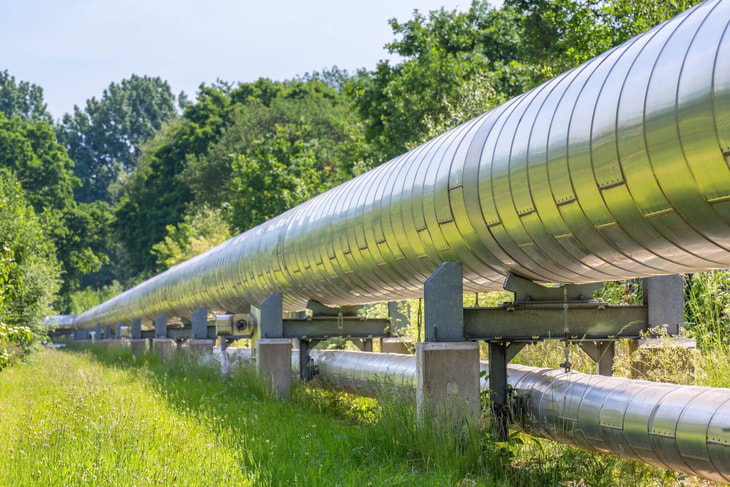The Iowa Utilities Commission (IUC) has confirmed that Summit Carbon Solutions has complied with the requirements it had previously laid out for the proposed carbon dioxide (CO2) pipeline project.
On June 25, 2024, the IUC issued its final decision and order for Summit Carbon Solutions’ hazardous liquid pipeline permit but required that the company make several compliance fillings as part of the deal.
When approving the pipeline plans, the IUC said that Summit Carbon Solutions had to file proof of a general liability insurance policy of no less than $100m to cover any damages related to the construction, operation, and maintenance of the Iowa pipeline.
On August 5, 2024, Summit Carbon Solutions filed the compliance fillings required by the IUC. The filing included revised petition exhibits. Summit Carbon Solutions has made the required outstanding globally applicable changes and modifications ordered by the IUC.
... to continue reading you must be subscribed


